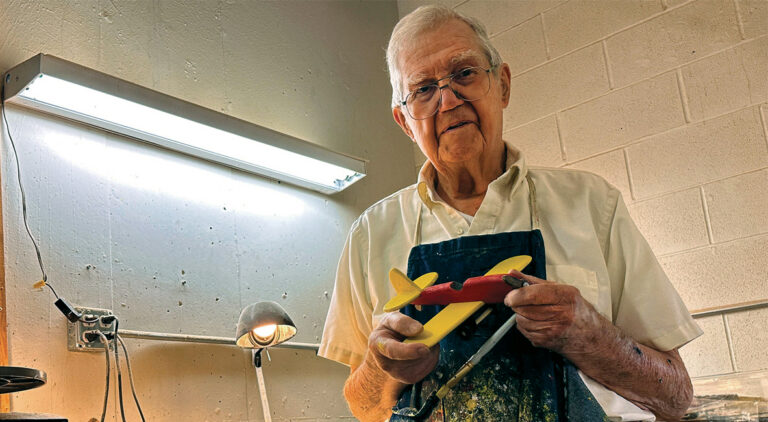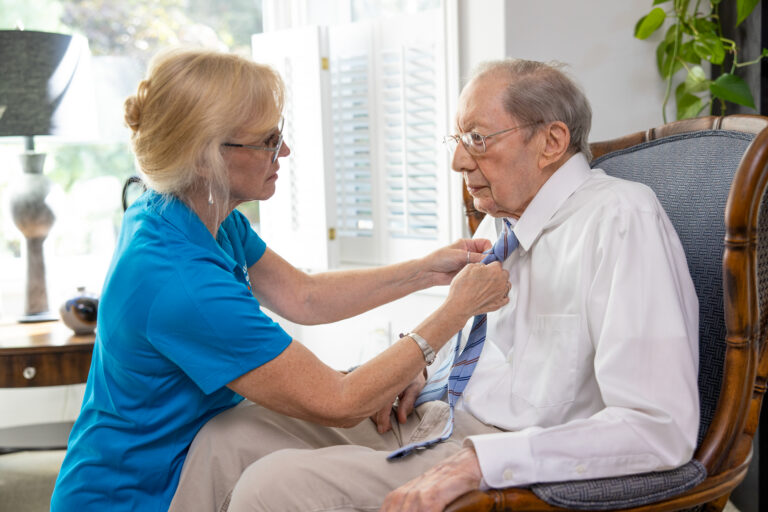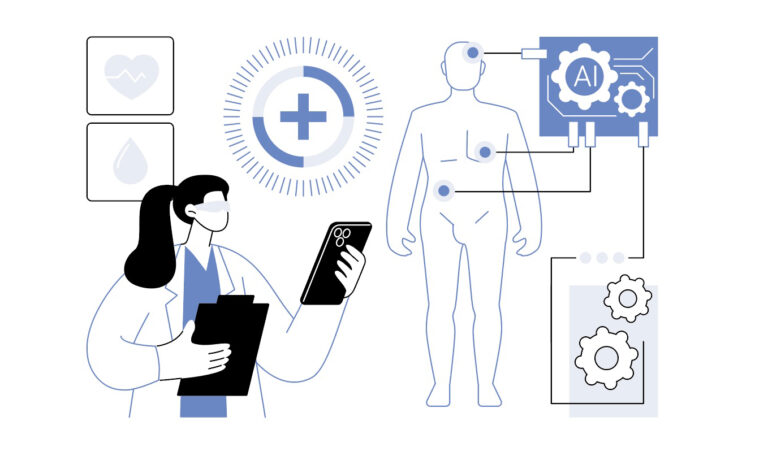
Ronit is a freelance writer, based in Chicago. She has a special interest in health, healthcare and preventive medicine.
When my mother received a statement from her insurance company recently, detailing $5,800 for sleep apnea supplies, I checked it to verify coverage and then tossed it aside. Afterward, it hit me: My mother doesn’t have sleep apnea.
While there was no charge to my mother, there was a multi-thousand dollar charge to Medicare for something my mother never needed nor experienced. I called her insurance company, which transferred me to Medicare. After explaining the details, I was transferred to a fraud expert, who thanked me for calling. An inquiry had been opened, she said.
Medicare investigators would first confirm my allegations and then try to recoup the funds that it had paid out. The fraud expert said the likelihood of reversing some or all of the claim was good, and we would get a new statement in a few months advising us of the outcome.
Whatever happens, everyone in the U.S. pays for Medicare and insurance fraud — even when we’re not directly writing the check. If you are aware of a fraudulent claim, call your insurance company or Medicare at 1-800-HHS-TIPS to report it. Visit medicare.gov/basics/reporting-medicare-fraud-and-abuse for more information.












